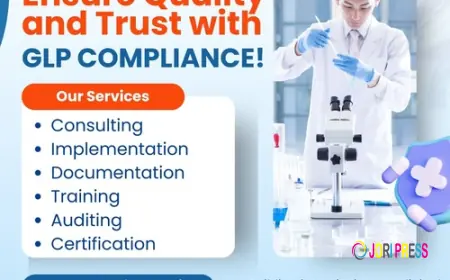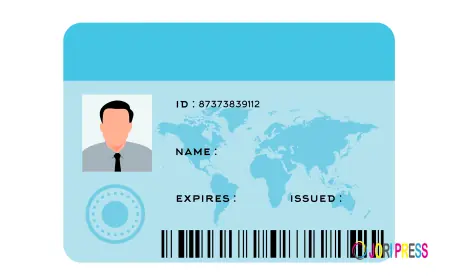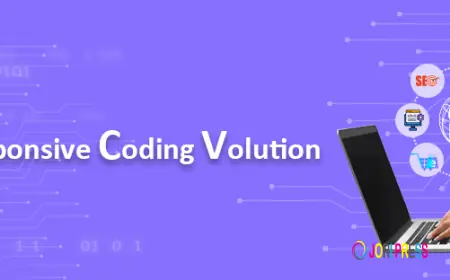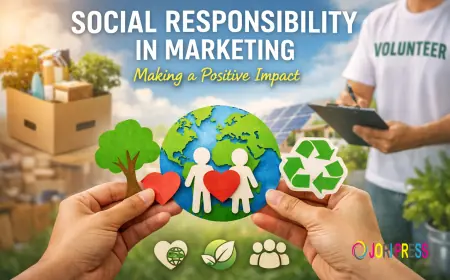What Does the ESG Assurance Process Involve in Singapore?
As sustainability grows from a trend into a core component of business strategy, companies in Singapore are under increasing pressure to report and verify their environmental, social, and governance (ESG) performance. Stakeholders, from investors and regulators to consumers and employees, are demanding transparency, and one of the most credible ways to provide it is through ESG assurance.
In simple terms, ESG assurance is an independent verification process that validates the accuracy and integrity of a company’s ESG disclosures. But unlike traditional financial audits, ESG assurance comes with its own frameworks, standards, and evolving expectations. If you're a business in Singapore, understanding this process is critical.
Let’s break down the typical ESG assurance process in Singapore, step by step.
1. Scoping and Planning
The ESG assurance process starts with clearly defining what needs to be reviewed. Companies must determine:
-
Which ESG disclosures or data points will be assured (e.g., carbon emissions, gender pay gap, community investment)
-
Which reporting frameworks are being followed
-
The level of assurance required, limited (basic checks) or reasonable (in-depth review)
In Singapore, the Singapore Exchange (SGX) has sustainability reporting requirements that guide listed companies on what should be disclosed, often influencing the scope of assurance.
2. Data Collection and Preliminary Review
After scoping, the assurance provider begins by gathering relevant data. This typically involves reviewing:
-
ESG reports or sustainability disclosures
-
Internal data logs and spreadsheets
-
Source documents like utility bills, HR reports, or supplier audits
The aim here is to verify whether the reported numbers and claims are traceable, consistent, and free of errors. Discrepancies or red flags are flagged for further investigation.
3. Evaluation of Internal Controls
Assurance is not just about the data; it’s also about the processes behind it. Auditors assess:
-
The quality of internal controls related to ESG reporting
-
How ESG data is collected, stored, and validated
-
Who is responsible for data integrity, and how often are reviews conducted
If the company is using automated ESG reporting tools or third-party platforms, those systems are also evaluated for compliance and reliability.
4. Optional Site Visits and Interviews
For companies in high-impact sectors, like manufacturing, energy, or logistics, on-site evaluations may be part of the process. This could include:
-
Visiting factories, offices, or supplier locations
-
Interviewing team members responsible for ESG data collection
-
Checking real-world practices against the claims in the report
Although not always required, site visits are beneficial for verifying complex or high-risk disclosures.
5. Draft Reporting and Management Feedback
Once data verification and process checks are complete, the assurance provider prepares a draft report. This typically includes:
-
A summary of the procedures conducted
-
Any identified gaps or inconsistencies
-
Recommendations for improving data quality or reporting practices
Companies are then given a chance to respond. They can clarify data discrepancies, submit additional evidence, or make updates before the final report is issued.
6. Issuance of the Final Assurance Statement
The final step is the delivery of a formal assurance statement, which the company can publish alongside its ESG or sustainability report. This document will:
-
Confirm whether the ESG disclosures are reliable and accurate
-
Outline the scope and methodology of the assurance.
-
Highlight any limitations or suggested improvements.
Having this independent verification not only enhances transparency but also builds stakeholder trust, especially in a market like Singapore, where regulatory expectations are rising.
Conclusion
Singapore is quickly becoming a hub for responsible business and green finance. From financial institutions to startups, more companies are integrating ESG into their core strategy. ESG assurance ensures that these efforts are more than just marketing; it confirms that businesses are walking the talk.
Whether you're a listed company under SGX mandates or a private firm seeking investor confidence, understanding the assurance process is a vital first step toward building credibility in today’s sustainability-driven economy.
What's Your Reaction?
 Like
0
Like
0
 Dislike
0
Dislike
0
 Love
0
Love
0
 Funny
0
Funny
0
 Angry
0
Angry
0
 Sad
0
Sad
0
 Wow
0
Wow
0
















































